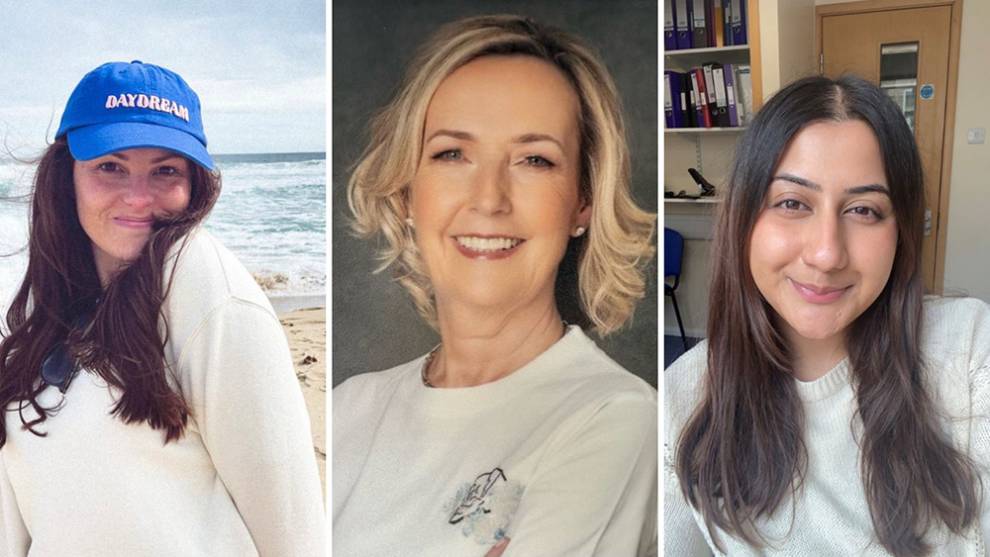World Cancer Day
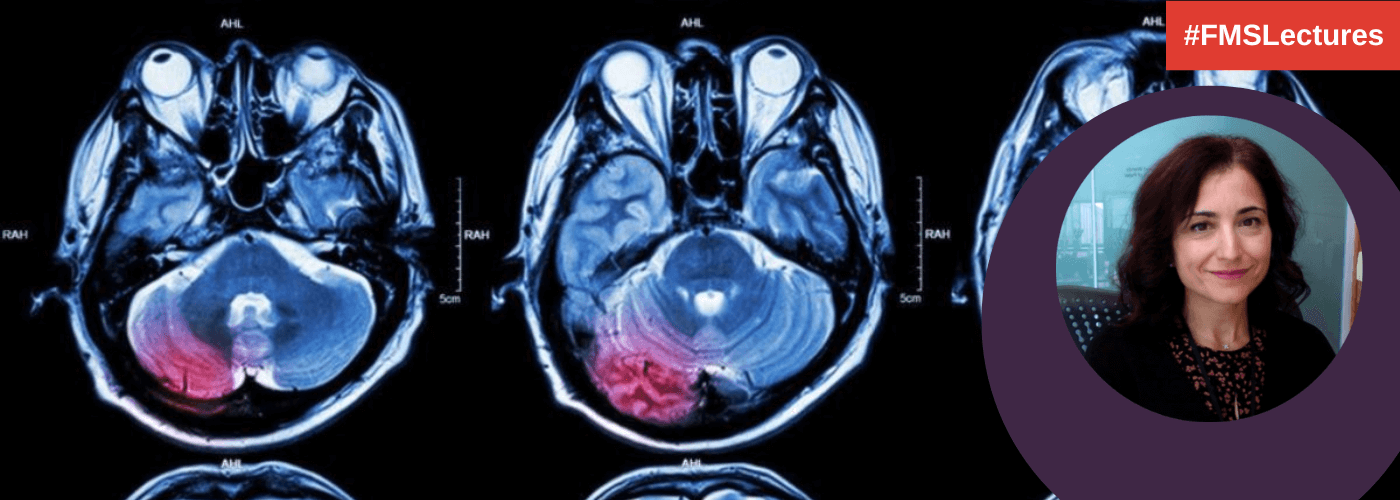
Injury and brain cancer, two sides of the same coin?
In this virtual public lecture on Tuesday 6 Feb, Prof. Simona Parrinello explores the intriguing connection between injury and brain cancer.
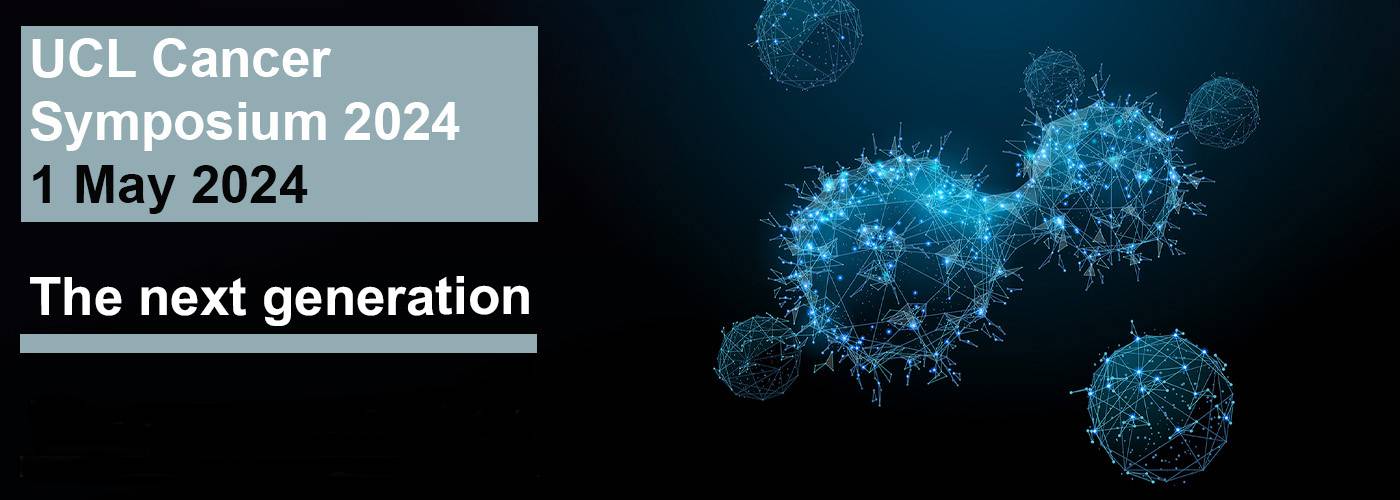
UCL Cancer Symposium 2024
UCL’s flagship cross-faculty cancer research event, showcasing the incredible range of exciting and impactful research taking place at UCL.
Harnessing our own biology
A key strand of our approach to new cancer treatments, is to explore how we can use our own biology to our advantage - empowering immune cells, proteins and genes to recognise and eliminate cancer. Essentially using living cells, their components or products as the basis of a therapy.
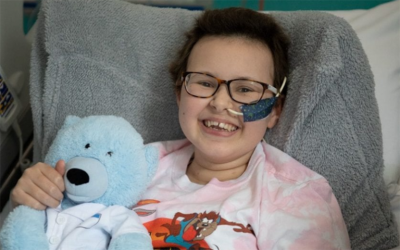 Further hope for base-edited T-cell therapy to treat resistant leukaemia
Further hope for base-edited T-cell therapy to treat resistant leukaemia

Three young patients with relapsed T-cell leukaemia have now been treated with base-edited T-cells, as part of a ‘bench-to-bedside’ collaboration between UCL and Great Ormond Street Hospital for Children (GOSH).
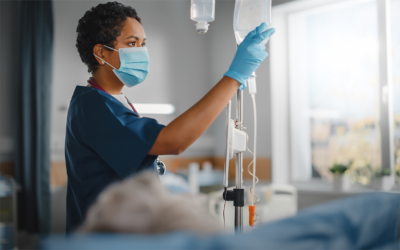 Immunotherapy for ‘difficult to treat’ lung cancer patients improves long-term survival
Immunotherapy for ‘difficult to treat’ lung cancer patients improves long-term survival

A global study has shown that the cancer immunotherapy atezolizumab significantly improved overall survival of advanced stage non-small cell lung cancer patients who were not able to be treated with platinum-containing chemotherapy.
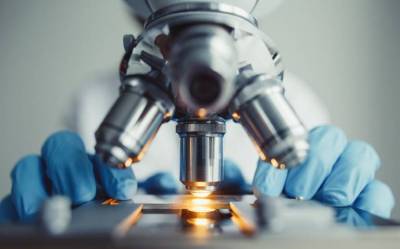 Exploring ways to treat kidney cancer using patients’ own cells
Exploring ways to treat kidney cancer using patients’ own cells

In a new UCL-GSK collaboration, researchers will investigate the role of a type of white blood cell within our immune system called a B regulatory cell, known as Breg, in kidney cancer and how the tumour microenvironment influences its formation.
Engineering better outcomes
We look beyond the biomedicine field to leverage the strenths of our entire university - embracing a new era of engineering and computation to advance the detection, diagnosis, treatment and management of cancer.
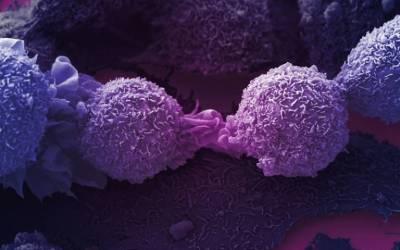 Artificial intelligence helps to simplify lung cancer risk prediction
Artificial intelligence helps to simplify lung cancer risk prediction

Machine learning models to identify the simplest way to screen for lung cancer have been developed by researchers from UCL and the University of Cambridge, bringing personalised screening one step closer.
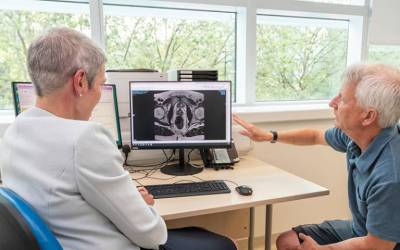 MRI scans improve prostate cancer diagnosis in screening trial
MRI scans improve prostate cancer diagnosis in screening trial

Using MRI as a screening test alongside PSA density allowed detection of cancers that would have been missed by the blood test alone, according to new research from UCL, UCLH and King’s College London.
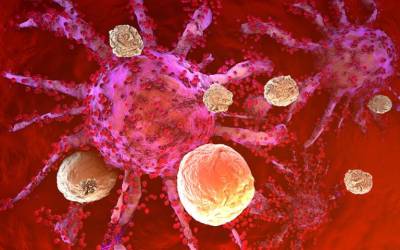 Potent anti-cancer therapy created using ‘click chemistry’
Potent anti-cancer therapy created using ‘click chemistry’

A potent anti-cancer therapy has been created using Nobel prize-winning 'click chemistry', where molecules click together like LEGO bricks, in a new study by UCL and Stanford University researchers.
Leaving no one behind
One of UCL's founding principles is to achieve the greatest good for the greatest number of people. Being in the heart of London, serving a diverse population, we are determined to leave no one behind.
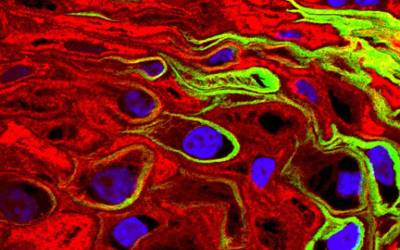 Better use of existing drugs increases cervical cancer survival and reduces recurrence
Better use of existing drugs increases cervical cancer survival and reduces recurrence

A course of treatment with existing drugs prior to chemoradiation led to a 35% reduction in the risk of death or return of cancer, in INTERLACE phase III trial results presented by researchers from UCL and UCLH at recent ESMO conference.
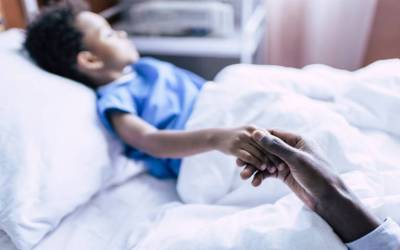 Clinical trial results give new hope for children with rare gliomas
Clinical trial results give new hope for children with rare gliomas

A collaboration of researchers, led by UCL and Great Ormond Street Hospital, have published successful results from a Phase II clinical trial (TADPOLE-G) for the treatment of BRAF mutated low-grade paediatric gliomas.
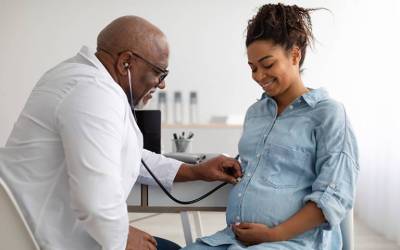 Health policy research at UCL boosted by over £20m from NIHR
Health policy research at UCL boosted by over £20m from NIHR

UCL has been awarded funding worth an estimated £20m for Policy Research Units by the National Institute of Health and Care Research (NIHR) to support research into health issues including early cancer diagnosis, mental and reproductive health.
Training and supporting the next generation
UCL's is a global leader in research and education. Our scientific community is dedicated to discovering new techniques in cancer detection and treatment that can make a real difference to the lives of cancer patients.
Developing CAR T immunotherapy to treat glioblastoma
PhD student, Morgan Palton, talks about her immunotherapy research and the UCL CAR T programme at UCL, plus her experiences studying our Cancer MSc course.
New approaches to understanding and treating brain tumours
Dr Lucy Brooks is researching radioresistance in glioblastoma - looking at how to manipulate tumour cells to make them more responsive to treatment.
Breakthrough Cervical Cancer Trial
Abbie was 27 years old when she was diagnosed with cervical cancer. She took part in a UCL-led clinical trial (INTERLACE) which is set to change the way the disease is treated across the world. The trial results showed that a course of treatment with existing drugs prior to chemoradiation led to a 35% reduction in the risk of death or return of cancer.
To find out more about the trial, we spoke with Abbie, Dr Mary McCormack, consultant medical oncologist at UCLH and lead investigator for the INTERLACE trial and Simran Vaja, one of the statisticians at the Cancer Research UK & UCL Cancer Trials Centre tasked with making sense of the data.
Patient stories from our Cancer Trials Centre
These patients were offered CAR T-cell therapy as part of a clinical trial at UCLH when their previous treatments for lymphoma or leukaemia had proved unsuccessful. The therapy involves collecting some of a patient’s immune cells, genetically engineering them in a lab so they are better able to target cancer, and then putting them back into the patient's body during a process called 'infusion'.
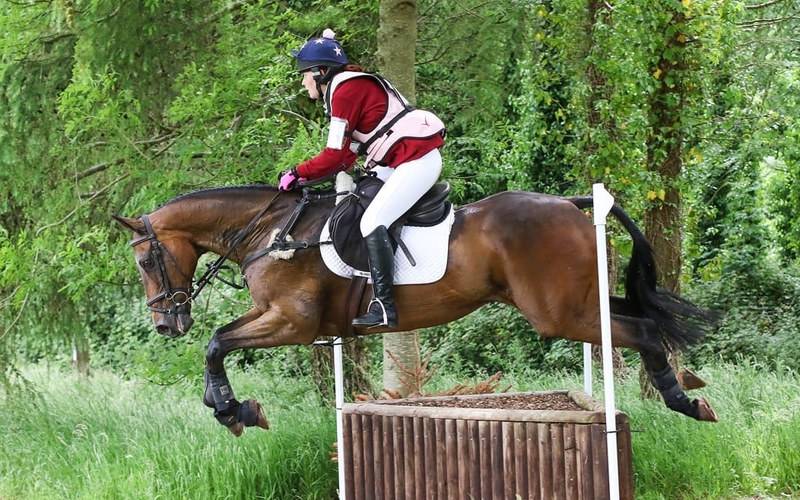
Sophie's story
Sophie, 26, began CAR T-cell therapy after her leukaemia returned for a third time. Now, things are finally getting back to normal.
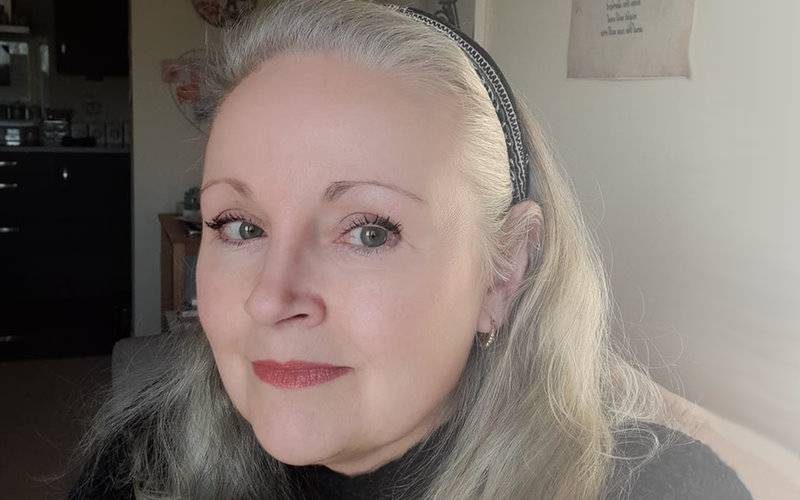
Claire's story
Claire was referred to UCLH's CAR T-cell therapy trial after a difficult experience with a bone marrow transplant. She says it saved her life.
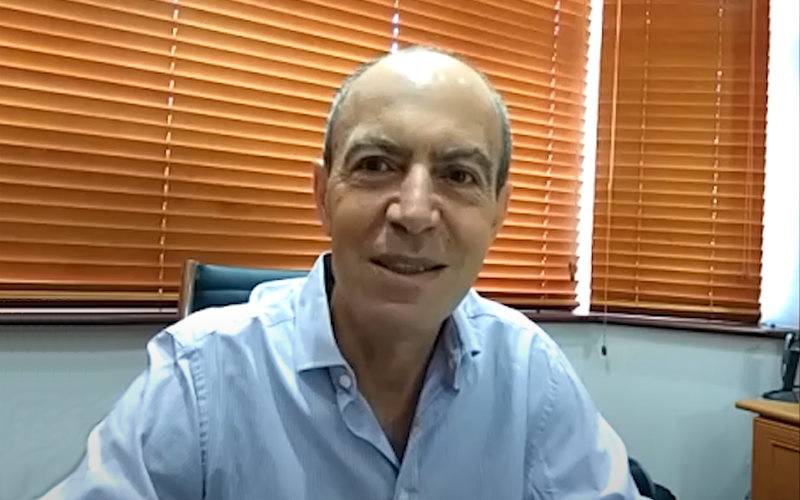
Panos's story
After three unsuccessful courses of chemotherapy, Panos underwent CAR T-cell therapy, which proved to be a 'miraculous treatment'.
Public lecture series catch up
Find out about the process of lung cancer evolution and how to better treat it with Dr Mariam Jamal-Hanjani and Dr Claire Roddie discusses the science of biohacking - reprogramming the immune system to recognise and combat cancer cells.
 Close
Close


